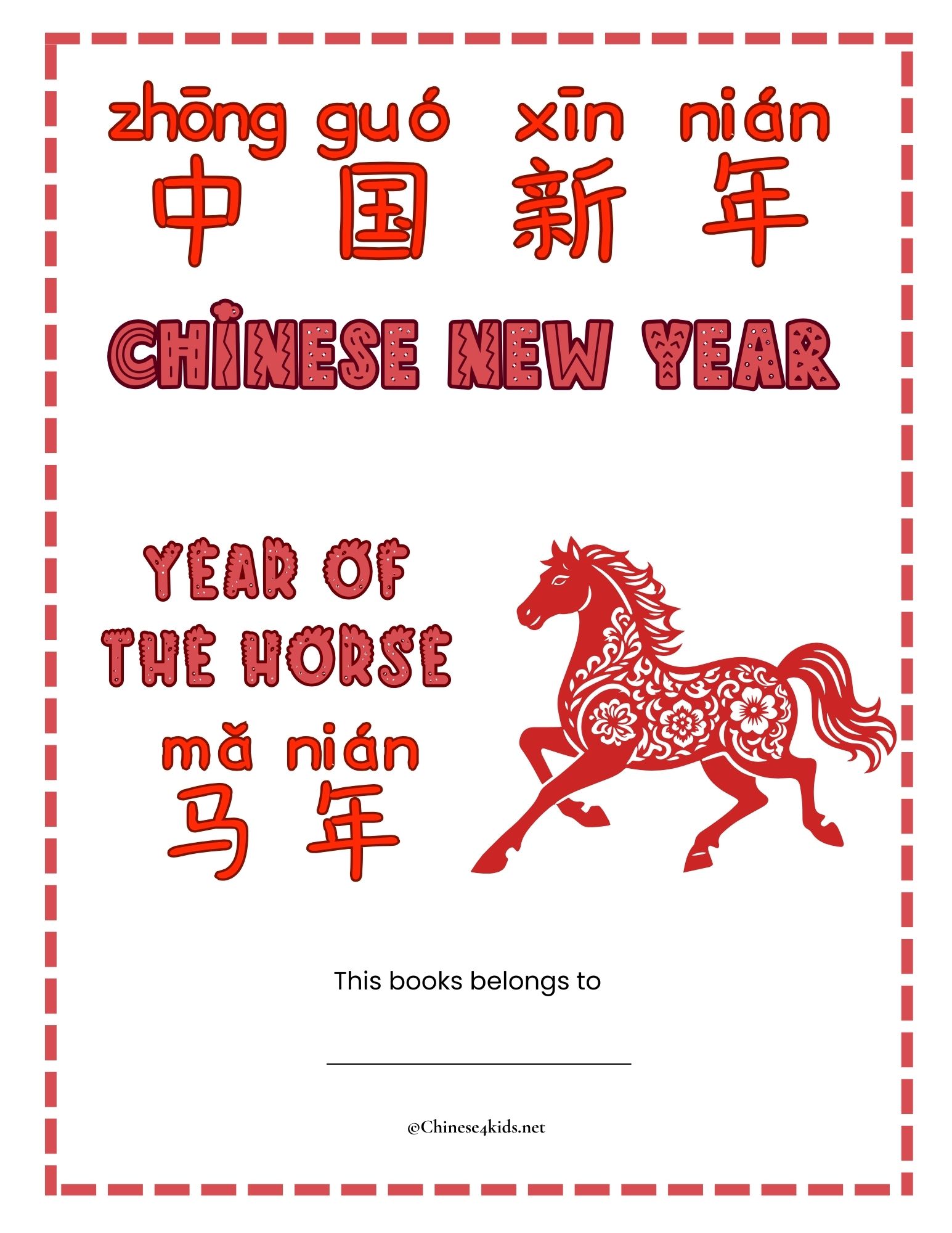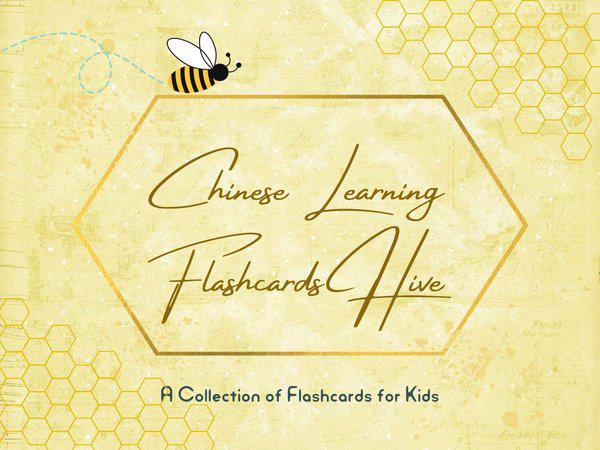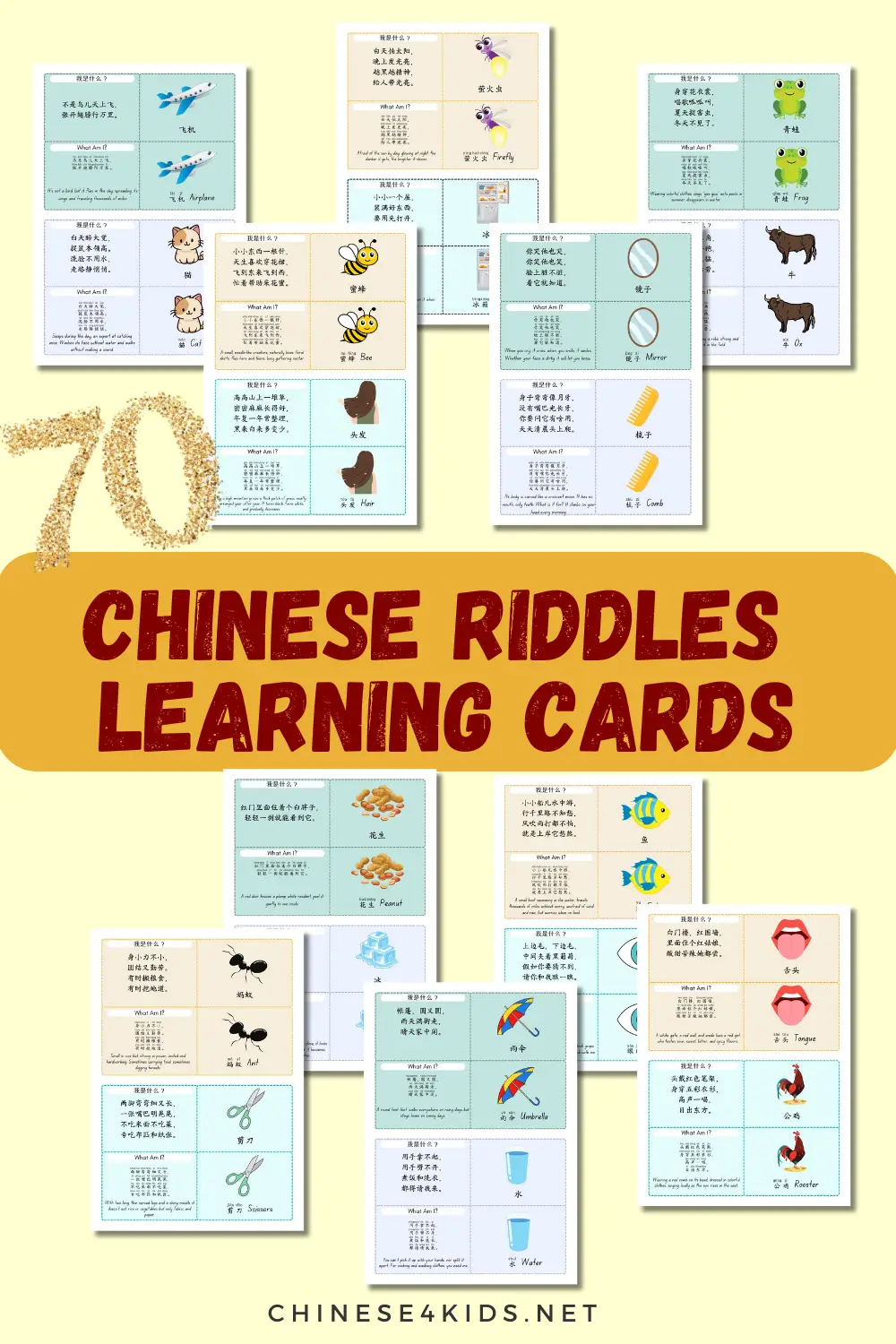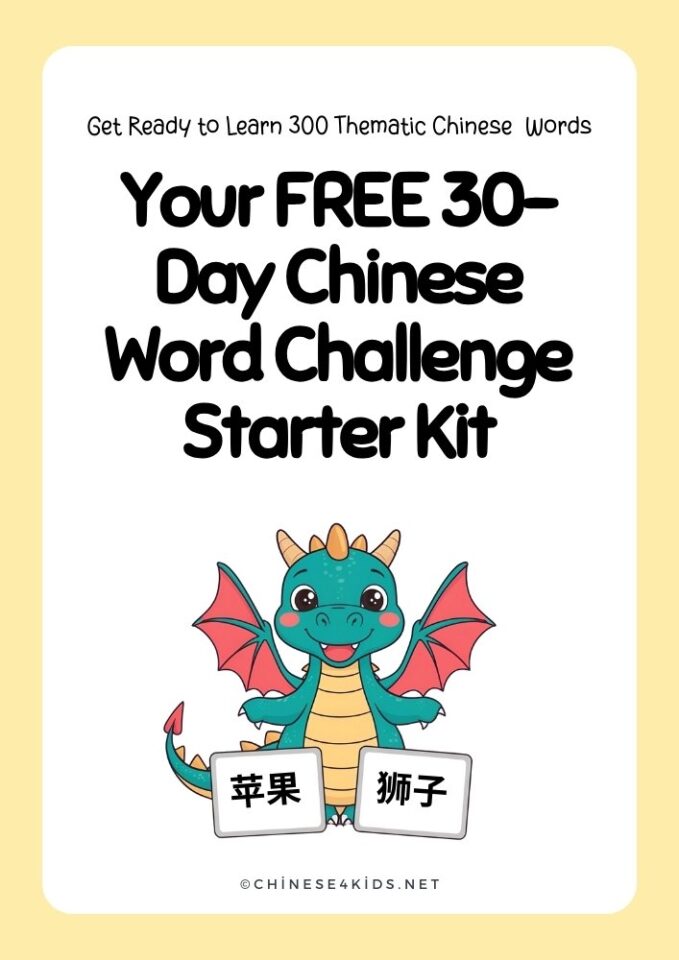
Home » 12 Proverbs with Similar Meanings in Chinese and English
12 Proverbs with Similar Meanings in Chinese and English
Some proverbs have the similar meanings in both Chinese and English, although the expressions are different. For example. “Burnt child dreads the fire. ” in Chinese, the corresponding proverb is “一朝被蛇咬,十年怕井绳 (literally means, “He who was once bitten by a snake is frightened at the sight of a coiled rope.” ) Can you make the connection?
Here is a list of 12 proverbs with similar meanings in Chinese and English:

Burnt child dreads the fire.
一朝被蛇咬,十年怕井绳
yī zhāo bèi shé yǎo, shí nián pà jǐng shéng
He who was once bitten by a snake is frightened at the sight of a coiled rope.

Money talks.
有钱能使鬼推磨。
yǒu qián néng shǐ guǐ tuī mó.
if you have money, you can make the devil push the millstone for you

Fine feathers don’t make fine birds.
人不可貌相。
rén bùkě màoxiāng
you can’t judge a person by appearance

By falling we learn to go safely.
吃一堑,长一智。
chī yī qiàn, zhǎng yī zhì.
a fall into a pit a gain in your wit

Better die with honor than live with shame.
宁为玉碎,不为瓦全。
níng wéi yùsuì bù wéi wǎquán
rather be a shattered vessel of jade than an unbroken piece of pottery;
rather fall to pieces like broken jade than remain intact as a worthless tile;
rather die like a hero than live in dishonor

Hungry dogs will eat dirty puddings.
饥不择食
jī bù zé shí
A hungry person is not choosy about his food.

Destruction pursues the great.
树大招风。
shù dà zhāo fēng
a tall tree catches the wind — a person in a high position is liable to be attacked.

For evil news rides fast, while good news baits later.
好事不出门,坏事传千里。
hǎoshì bù chūmén, huàishì chuán qiānlǐ.
Good news never goes Beyond the gate, while Bad news spreads 1000 miles

Feed a pig and you’ll have a hog.
种瓜得瓜,种豆得豆。
zhǒng guā de guā zhǒng dòu de dòu
as a man sows and so he shall reap

Better an open enemy than a false friend.
明枪易躲,暗箭难防。
míng qiāng yì duǒ, ànjiàn nán fáng.
It is easy to dodge an open spear thrust, but difficult to guard against an arrow in the dark.

Where there is life, there is hope.
星星之火可以燎原。
xīngxīng zhī huǒ kěyǐ liáoyuán
a little spark may kindle a great fire

Behind bad luck comes good luck.
塞翁失马,焉知非福
sàiwēng shīmǎ, yān zhī fēi fú
This proverb in Chinese has a story behind which is shown as below so to help better understand its meaning:
Once upon a time, there was a farmer in China who used an old horse to plow his field.
One day, while working in the field, the horse dropped dead. Everybody in the village said, “oh, how terrible it is!” The farmer stayed very calm, said “we will see.” His attitude moved the villagers and some decided to give him a horse as a present.
Looking at the new horse, people said “What a lucky man!” Ant the farmer still remained calm. “We will see. ” He said.
A couple of year later, the new horse ran away. Everybody in the village said, “What a poor man who lost his horse twice!” The farmer said, ” We will see.”
Several days later, the horse found its way back home. Everybody in the village said, “What a fortunate man!”
The farmer said, “We will see.”
One day the farmer’s younger son fell from the horse while he was riding it and broke his leg. Everybody in the village said, “What a poor boy!”
The farmer said, “We will see.”
Several days later, the army came to the village to recruit new soldiers. When they saw the farmer’s son with his broken leg, they left him behind.
…
Who knows losing a horse is not a fortune? Who knows gaining a new horse is lucky? Losing sometimes is gaining.
If you are interested in having a copy or printing out these proverbs, click below
[Tweet “Here is a list of different proverbs in English and Chinese, but they have the same meaning. Interested in finding them out? “]
You May Also Be Interested:
- Chinese4kids Membership – a portal for busy Chinese teachers and parents
- Chinese learning flashcards Hive – a flashcards library that with regular additions of new quality Chinese learning flashcards
- Chinese learning worksheets collection – Also a part of Chinese4kids membership, this collection is for teachers and parents who want to have access to engaging worksheets and activity sheets created for kids learning Mandarin Chinese as an additional language
- Speak Chinese with Kids Course
- Chinese Vocabulary Made Easy Course












